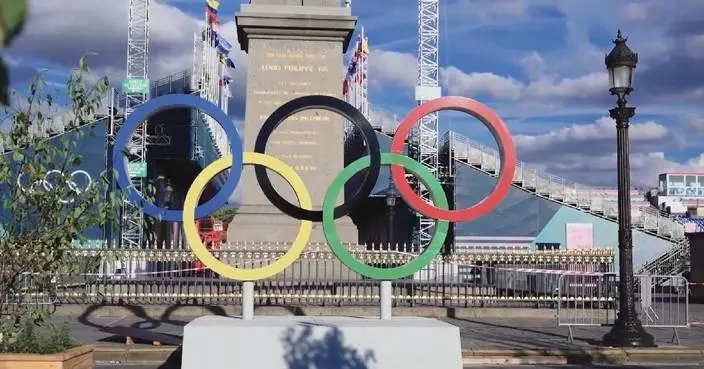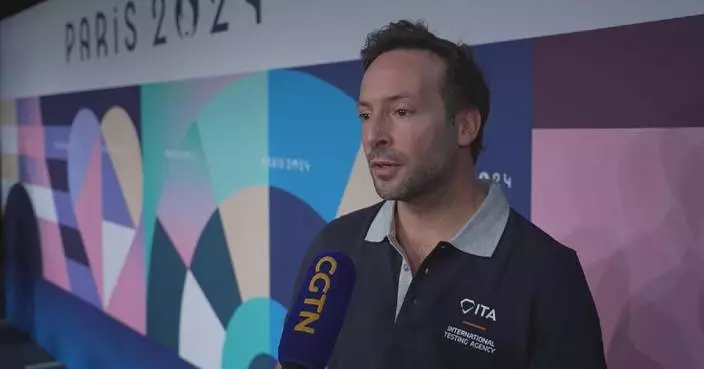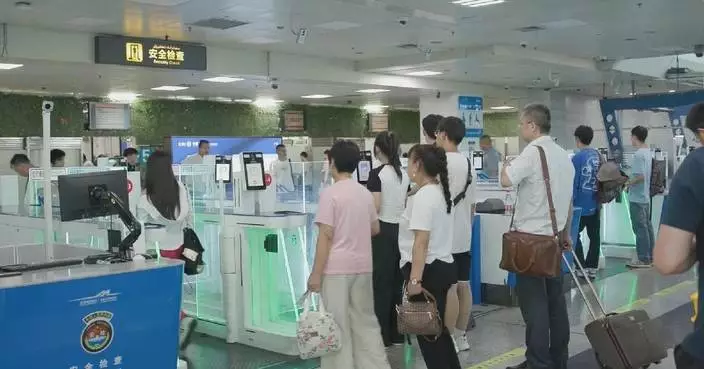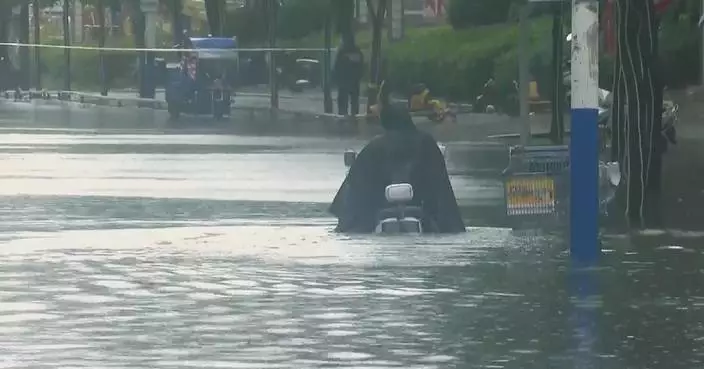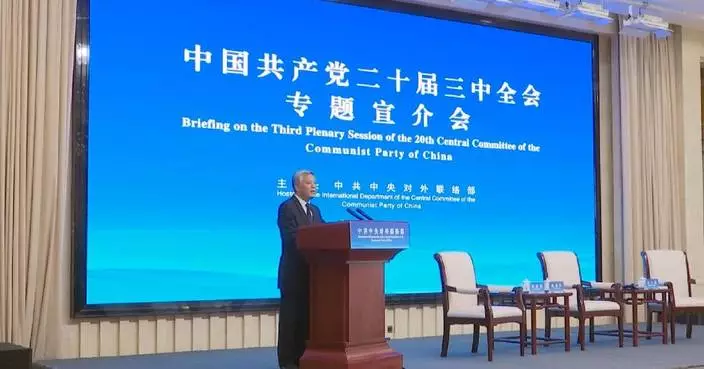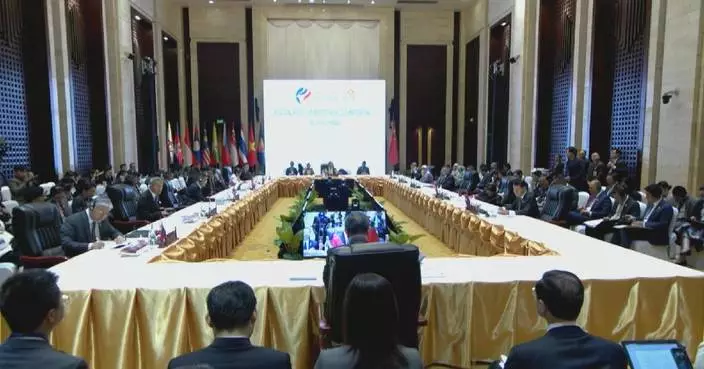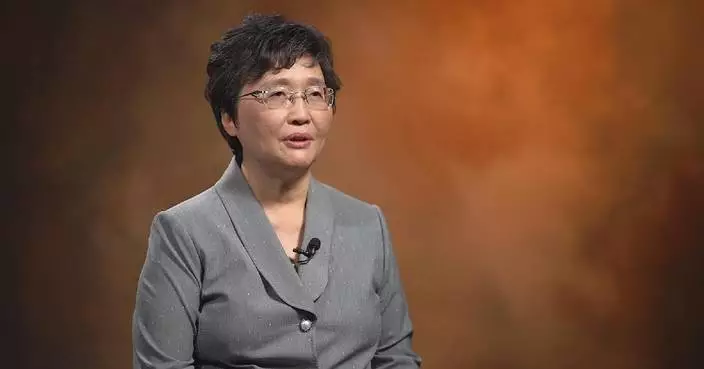Criticism is spreading as Japan on Friday started the fifth round of release of nuclear-contaminated wastewater from the crippled Fukushima Daiichi Nuclear Power Plant into the Pacific Ocean.
Despite opposition among local fishermen, residents as well as backlash from the international community, Tokyo Electric Power Company (TEPCO), the plant's operator, started discharging about 7,800 tons of radioactive wastewater until May 7.
TEPCO analyzed the water stored in the tank scheduled for release, and found that the concentrations of all radioactive substances other than tritium were below the national release standards, while the concentration of tritium that cannot be removed will be diluted with seawater.
TEPCO said it will measure the concentration of radioactive substances such as tritium in the surrounding waters every day during the period to investigate the effects of the release.
However, the so-called "treated water" by the government and TEPCO still contains radioactive materials after being treated by advanced liquid processing system (ALPS), a multi-nuclide removal system, which TEPCO also admits.
After radioactive substances are discharged into the sea, they will inevitably impact the marine ecological environment and enter human bodies through the food chain, but the government and TEPCO have not provided any evidence-based safety instructions on the food chain, Japanese nuclear power experts Masashi Goto and Yasuro Kawai said.
Goto and Kawai are both members of the Citizens' Commission on Nuclear Energy, an independent research and advocacy body, established after the Fukushima disaster in order to devise a new, comprehensive, ethical and viable policy concerning nuclear power phaseout and related issues in Japan.
"It seems as long a s the water is diluted, it can be safely discharged into the sea. This is simply ignorance of safety. This approach cannot be called safe at all. Safety should not simply be understood as just radioactive substances being diluted. If they really value safety, they must prove that there will be no problems in the future. It is currently impossible to predict what impacts the discharge of nuclear-tainted wastewater will have on the natural environment. It is necessary to discuss whether it is safe at least based on data showing what would happen during the next few decades rather than solely based on current monitoring data," said Masashi.
The two experts also said the Japanese government and TEPCO should stop the discharge, reduce the newly generated nuclear-contaminated water, and dispose of nuclear-contaminated water in a scientific, safe and transparent manner.
"(The Japanese government and TEPCO) will find it unnecessary to take pains to prevent more nuclear-contaminated water from being generated or thoroughly treat it now that it is simple and easy to discharge it into the ocean. So I think the discharge of nuclear-contaminated water into the sea is a seriously negative incident," said Yasurou. "The act itself of discharging large amounts of radioactive substances into the sea is bad for the environment. It's not surprising that China and South Korea are concerned about the discharge of nuclear-contaminated water into the sea. If the discharge is unattended, it will lay hidden dangers in the future," said Masashi.
The Fukushima nuclear-contaminated water release began in August 2023, and a total of about 31,200 tons of the water was released in four rounds in fiscal 2023, which ended in March.
In fiscal 2024 starting from April, TEPCO plans to discharge a total of 54,600 tons of nuclear-contaminated water in seven rounds, which contains approximately 14 trillion becquerels of tritium.

Criticism grows as Japan starts 5th ocean discharge of Fukushima nuclear-tainted wastewater



